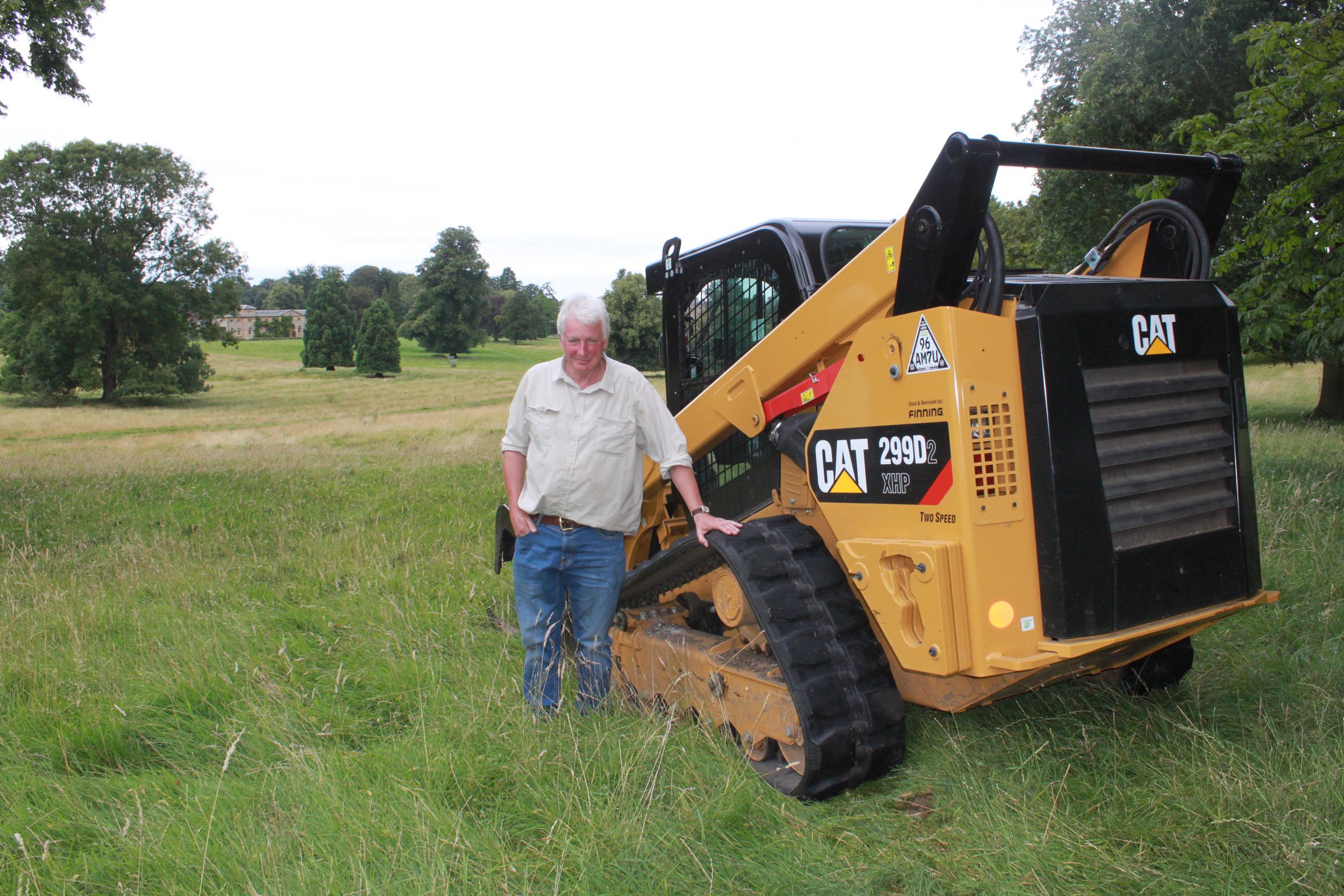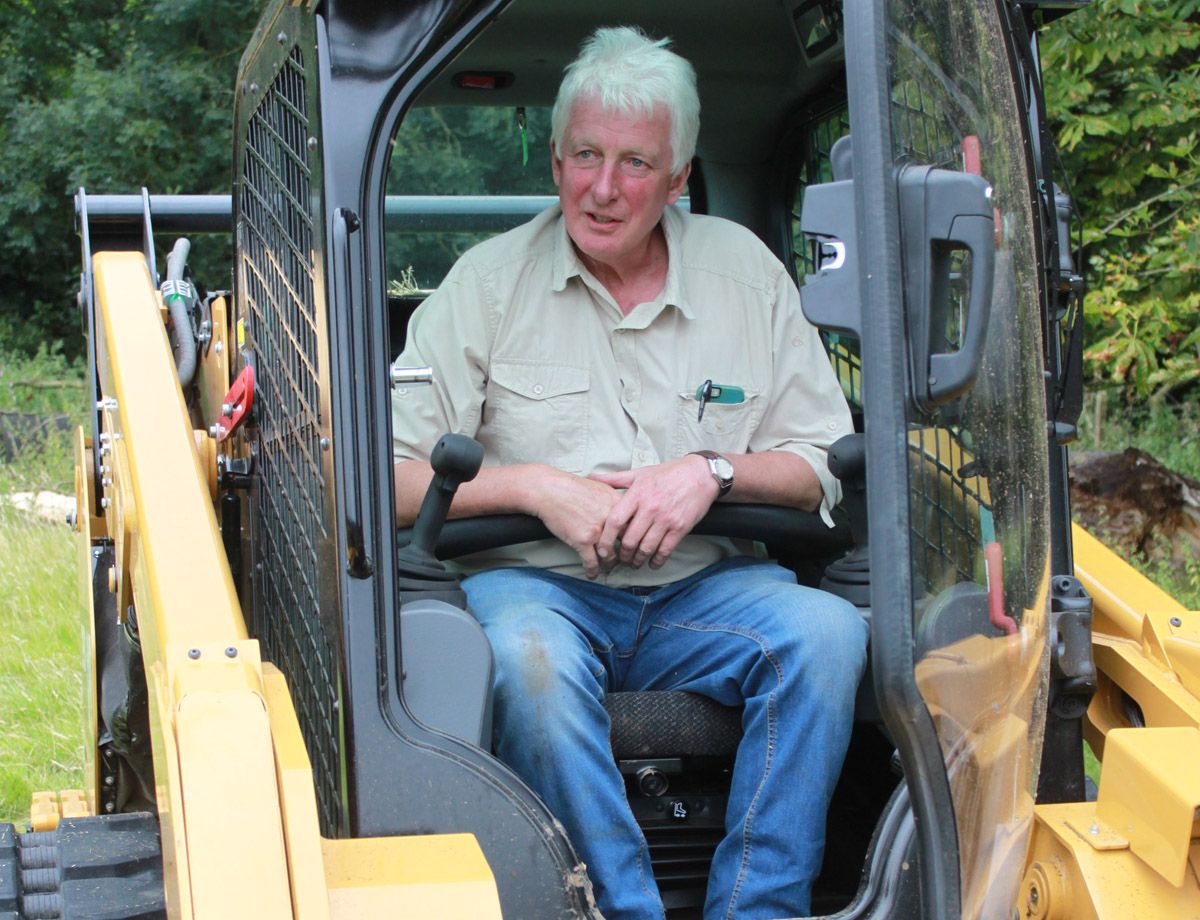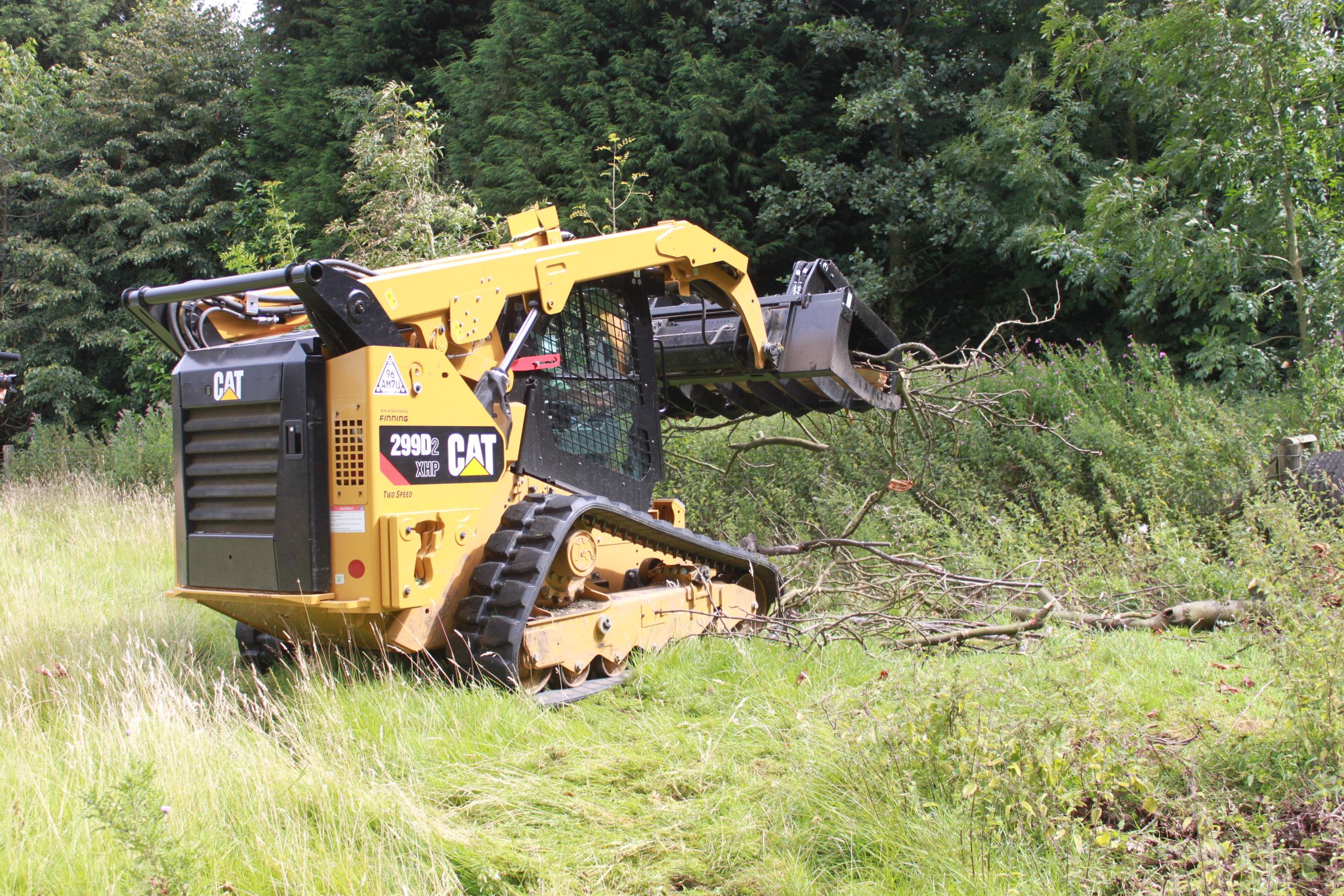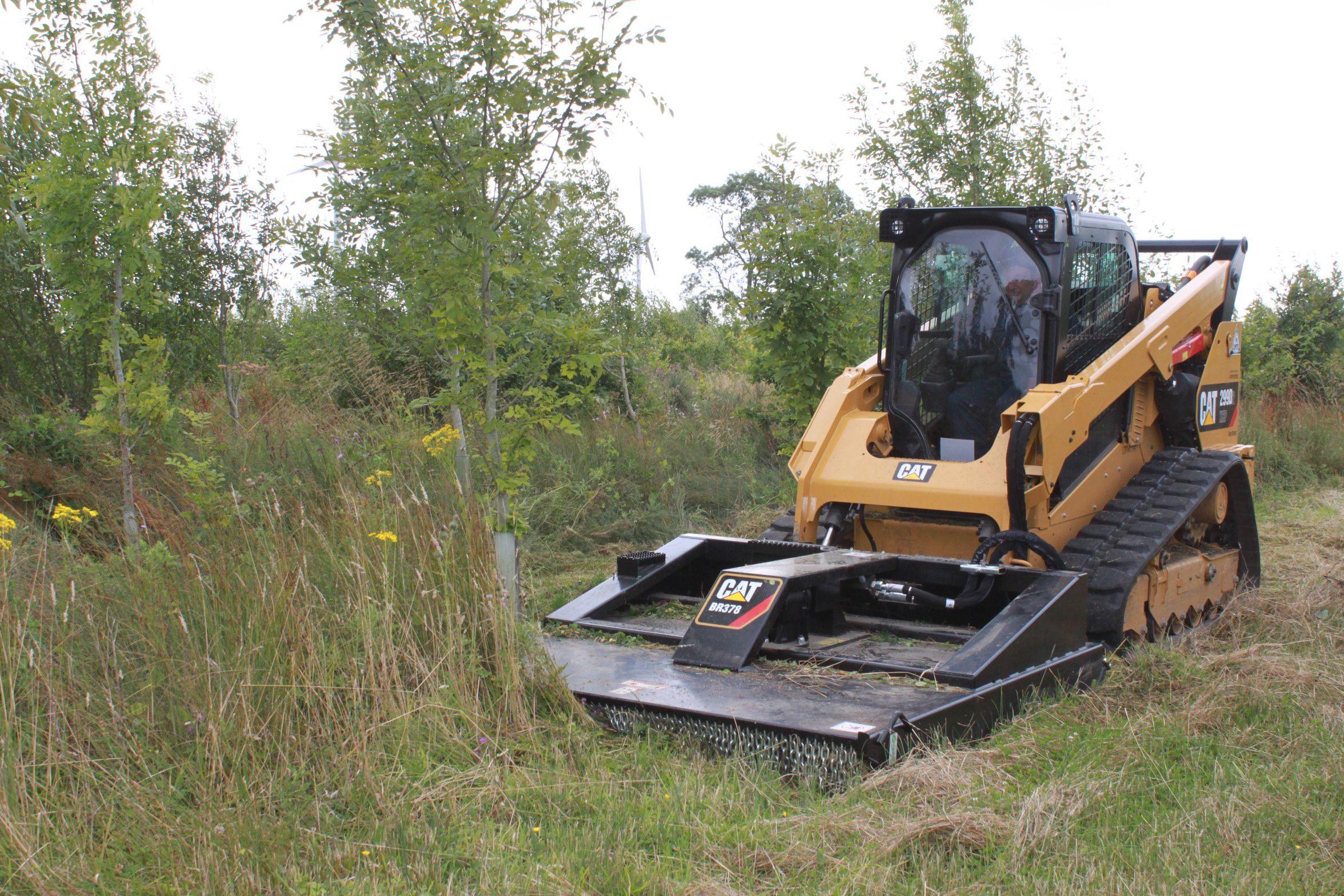Laid out by famed landscape architect Humphry Repton in 1791, the grounds and 370-acre park at Courteenhall House are in the classic English fashion, lending style and substance to the rest of the 2,000 acre estate.
But Repton worked in a different era, with cheap and plentiful labour. Today, the Courteenhall Estate – in common with many other estates of a similar size – is run with minimal labour, despite the ongoing and ever-present need for management and maintenance.
“Farming aside, forestry and shooting are two of our main activities,” explains Charles Wake, whose family has been at Courteenhall since 1673. “There’s no ancient woodland; it’s all planted, and designed to provide maximum dual benefit for shooting and conservation.
“We switched from cover crops to small spinneys because it freed us from having to plant new crops every year and presented less interference with the principal arable crops,” he says, “and while we originally expected to use the sale of thinnings to cover the costs of spinney maintenance, that source of income has now dried up.”
Keeping the spinneys in hand, however, remains a necessity. “To keep labour costs to a minimum at thinning, we used to fell and brash up, without extracting the material. However, we found to our great cost that this was only encouraging rabbits, to the extent that five or six years ago we were spending nearly £15,000 a year on rabbit control – ferreting, gassing and then clearing the bottoms to prevent their return.”
Charles then switched to preventative maintenance to keep the rabbits at bay. Sending out chainsaw teams, the trees were cut and fed into chippers. But both chainsaw operators and chippers are expensive to run, and relatively slow to cover large areas.
Cat® Machine the Perfect Solution
It was at this point that the Cat 299D2 XHP began to feature in Charles’ thinking. “We already had a decent shed full of tractors, ranging from the 500hp arable workhorses down to the small garden tractors we use in the parkland and elsewhere around the estate. So I knew we didn’t need another tractor, but also knew a tractor couldn’t do the job we were wanting.
“I saw the 299D2 XHP as a tool carrier, plain and simple. We saw it as having great capacity, because of the range of tools that we could put on it – in addition to those we needed for the forestry.
“I SAW THE 299D2 XHP AS A TOOL CARRIER, PLAIN AND SIMPLE. WE SAW IT AS HAVING GREAT CAPACITY, BECAUSE OF THE RANGE OF TOOLS THAT WE COULD PUT ON IT – IN ADDITION TO THOSE WE NEEDED FOR THE FORESTRY.”
“It was also going to be hugely manoeuvrable in tight spaces, thanks to its rubber tracks.”
The Cat machine was evaluated against similar models from both Bobcat and JCB before the order was placed, but Charles says the Cat machine is in a ‘different league’. “Machines used for forestry need to be well-engineered and well-built. The Cat scored on both counts, but importantly we also felt we were going to get reliable and knowledgeable service from the dealer.”
Powerful Results
“The mulcher is astonishingly powerful, despite the fact the machine seems to have to put little effort into it; rarely does it need anything more than mid-range revs, and the torque is amazing. Now we can go into a plantation and take out both standing trees and stumps, leaving only a mulch that soon decomposes and provides no encouragement to rabbits.
“And of course what’s really pleasing is its work rate. With the 299D2 XHP and the Cat HM415 Mulcher, we can do in one day what would previously have taken nine men, using three chippers.”
Two or three years after the mulcher, the plantations will need further attention. “This is when we’ll go in with the brushcutter, to take out the regrowth, knowing that there’ll be no nasty stumps and no expensive repairs.”
Besides the HM415 Mulcher and BR378 Brushcutter, the estate team also has access to a Cat Industrial Landscape Rake for the forestry operations, as well as a grader (used for levelling and laying new tracks) and a Cat A19 auger. “The auger’s even more impressive – we can go down to six foot on tickover.” Charles says a grinder attachment may follow, for more mature stumps.
What’s more, the machine is also earning a living off the estate, in a contract role. At a work rate of up £600/day, it’s much in demand for similar work – clearing brambles, thinning, ash regrowth, poplar suckers and so on.
“This is another reason why we needed reliability, both from the machine and the dealer. If it’s broken down and out of use, we don’t want to be losing a day here and half a day there. Key factors in deciding upon and buying this machine were reliability, dependability, ready access of spares and back-up from our dealer. The dealer has delivered all of that.”




